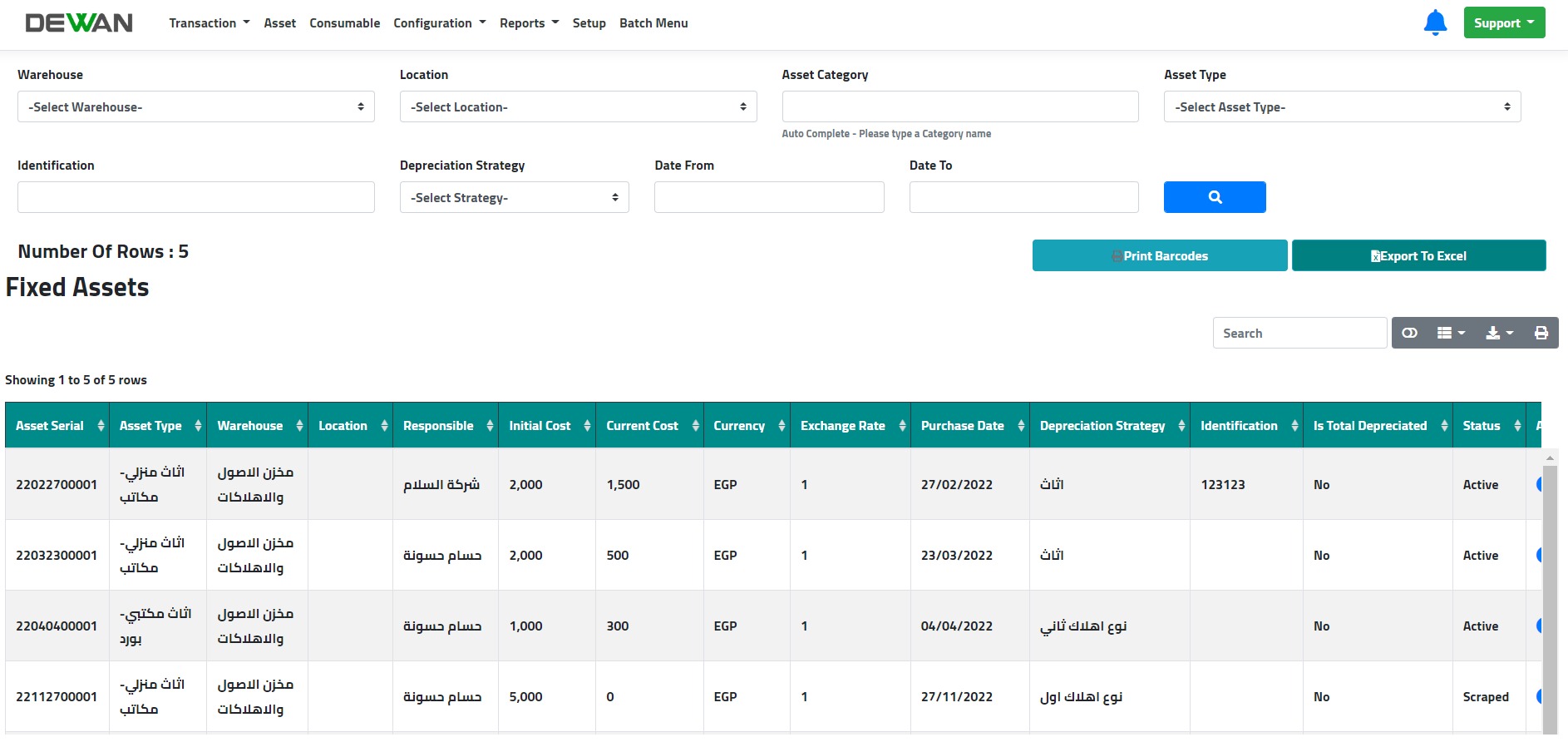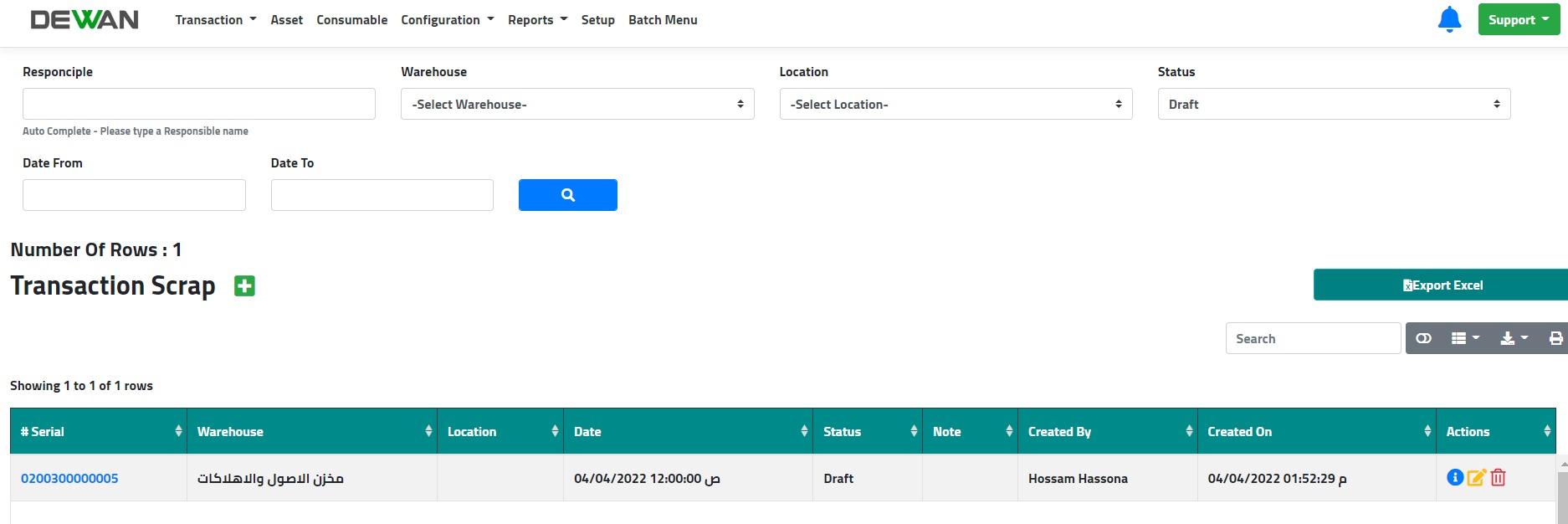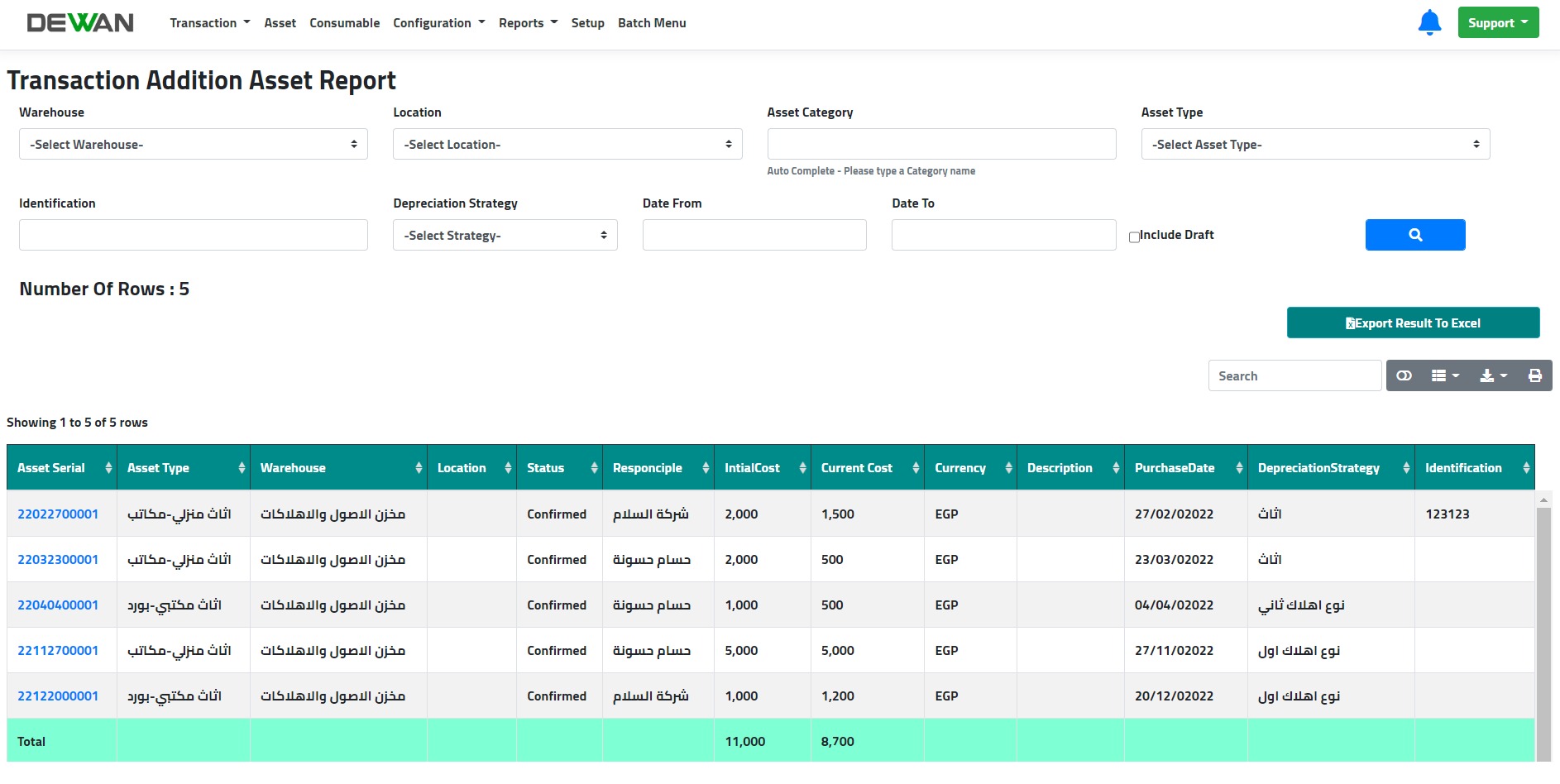
Asset Management
Minimum Quantity
1
Brand : ERP System | SKU : 4

Asset management is the practice of overseeing and maintaining a company's or individual's investments and assets. This can include financial assets such as stocks, bonds, and real estate, as well as physical assets such as real estate and equipment.
Asset management can provide a number of benefits, including:
●Increased profitability: By carefully managing assets, companies and individuals can increase their profitability. For example, by investing in assets that are expected to appreciate in value, or by optimizing the use of assets to reduce costs.
●Better risk management: Asset management allows companies and individuals to better manage the risks associated with their assets. For example, by diversifying investments, companies, and individuals can reduce their exposure to specific risks.
●Improved operational efficiency: By managing assets effectively, companies can improve their operational efficiency. For example, by implementing proper maintenance schedules, companies can reduce the likelihood of equipment failure and increase productivity.
●Long-term value creation: Effective asset management can help to create long-term value for companies and their shareholders. By making smart investment decisions and maximizing the value of assets over time, companies can increase their value and create sustainable growth.






















